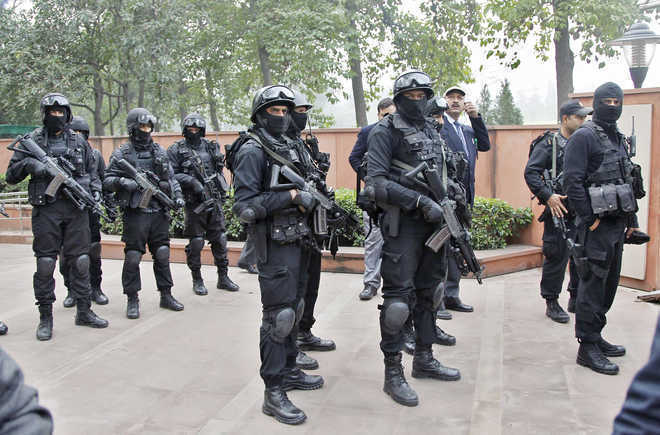Equipped with modern warfare training, SOG to replace obsolete SWAT

Aman Sood

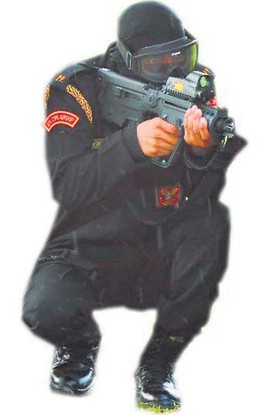
Tribune News Service
Bahadurgarh (Patiala), July 19
When it comes to stealth — during and after an anti-terror operation — Punjab will rely on its Special Operations Group (SOG) commandos, being specially trained to handle terrorist-related operations, flushing out militants from the hinterland and prepared for “one-way ticket” missions.Armed with Swiss and Israeli assault rifles, under-barrel grenade launchers and bulletproof jackets, Special Operations Group (SOG) commandos on Thursday completed half of their training before being inducted in a special squadron to tackle terror-related incidents.Approved by the Punjab Cabinet in 2017, the SOG will primarily be dealing with fidayeen or terror attacks and will also prevent any hostage-like situation.The SOG commandos are getting trained from the best in the lot. “We have trainers from the Para (Special Forces), equipped and trained in handling deadly lethal weapons. Further trainers from Assam Rifles, which is the oldest of paramilitary forces of India, and former National Security Guards (NSG) are training these commandos,” said Additional DGP (Commandos), Punjab, Rakesh Chandra.At present, 186 commandos are being trained by 17 specialised instructors at the Bahadurgarh Commando Complex on the outskirts of Patiala.“We started from 600 men, but due to the kind of mental and physical stamina required for the job, we are left with 186 men as for now,” said Chandra.Earlier, Chief Minister Capt Amarinder Singh visited the Special Operations Group trainees and saw them showcasing their physical fitness, firing skills, field tactics, rappelling and slithering techniques, jummaring, storming and building intervention.He said since the state shared an international border of 553 km with Pakistan, besides 70-km boundary with Jammu and Kashmir, such a force was needed to tackle drug smugglers, peddlers and militants.“Though the frequency of militant-related incidents has come down considerably post conventional militancy period, there now exists a new and graver threat in the form of unconventional militancy,” he added.
Special Operations Group
- Punjab will soon have a 243-member Special Operations Group (SOG) squadron led by ADGP
- Drawn from various state forces, the SOG commandos will be given 3-month training
- Special Weapons and Tactics (SWAT) force will be phased out
- SOG has 10 times more strength than SWAT
- Commandos will be able to handle multiple grenade launchers, rocket launchers, machine guns and sniper rifles
- They will have special training in physical fitness, firing skills, field tactics, rappelling and slithering techniques, jummaring, storming and building intervention
What’s in store
- Armoured bulletproof vehicles
- Troop carriers
- Drones for surveillance
- Night vision binoculars
- Bulletproof jackets
- Laser-guided weaponry






















































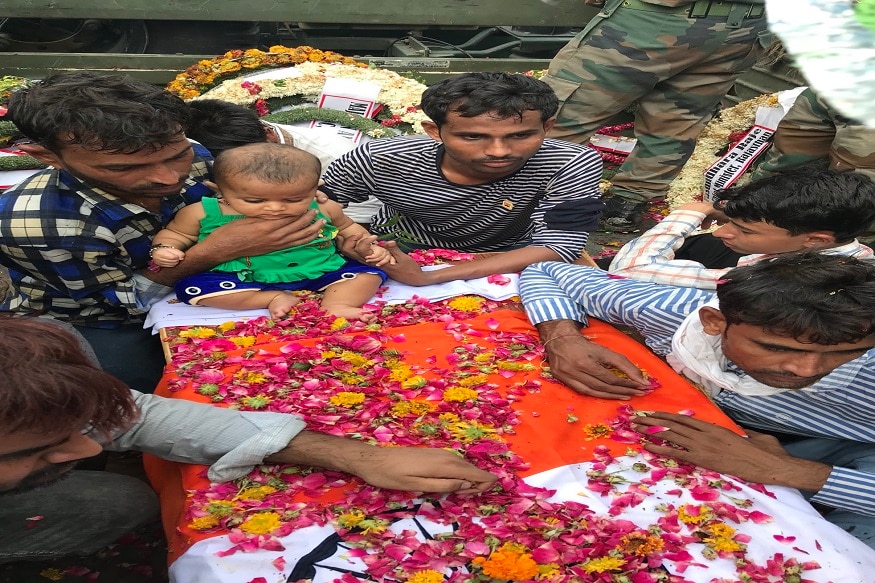
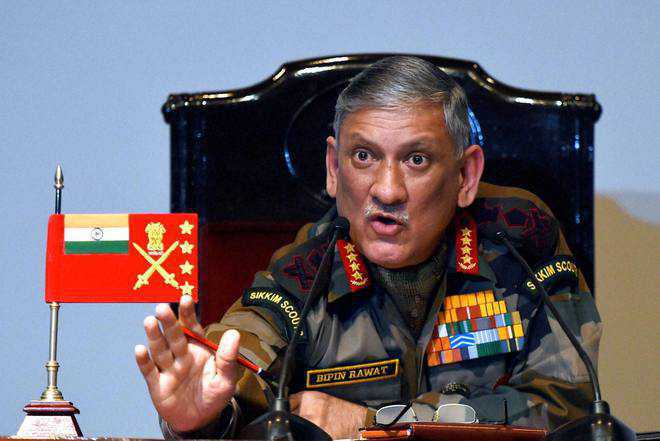
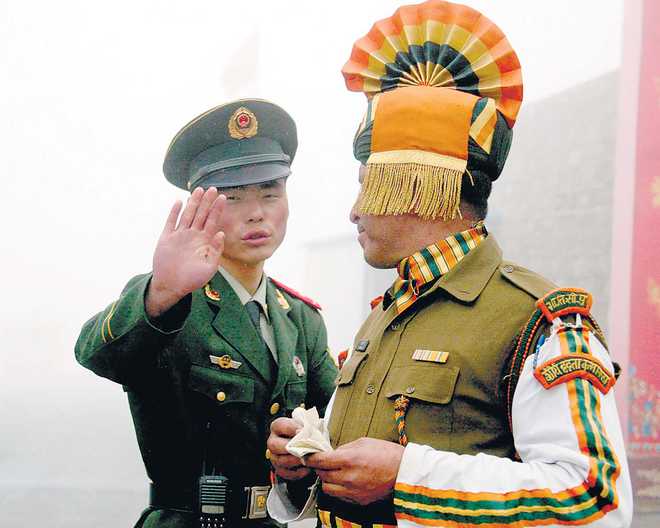
 VIPIN KUMAR/HT PHOTO
VIPIN KUMAR/HT PHOTO
